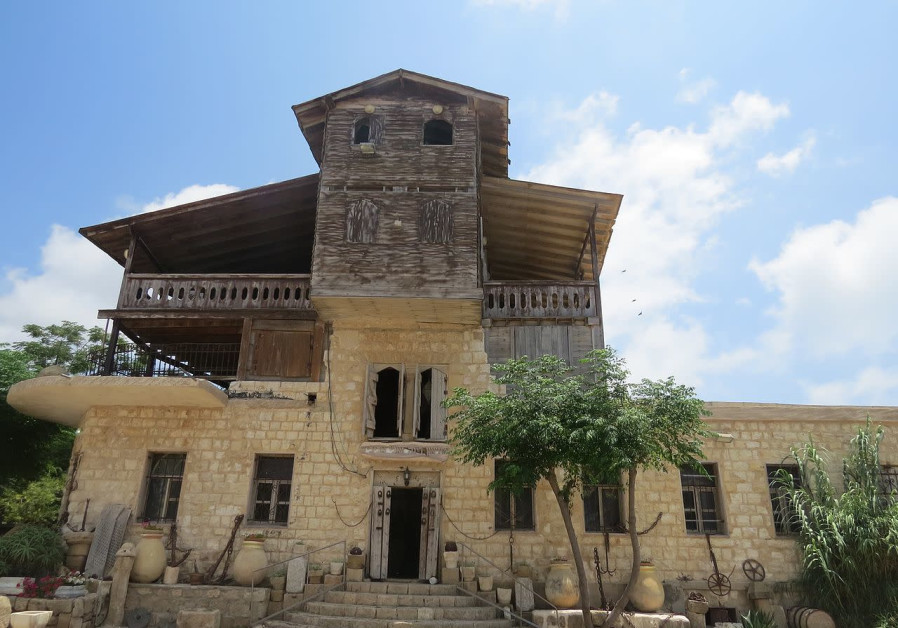The opinions expressed on this webpage represent those of the individual authors and, unless clearly labeled as such, do not represent the opinions or policies of TBS.
Founder of the ‘most peaceful country in the Middle East’ dies at 88

Eli Avivi, the eccentric founder and leader of Akhzivland, the bohemian country within a country, died on Wednesday.
Akhzivland was founded in 1971 by Avivi, 4 kilometers north of Nahariya on the Mediterranean coast, and since then it was inhabited by two citizens, Avivi and his wife, Rina.
Akhzivland was called the “Nueiba of the North,” and during his reign, Avivi earned a reputation locally and international as a bohemian, larger-than-life Israeli legend.
(Nueiba, a town on the Sinai coast, is known as an inexpensive, marijuana-friendly beach vacation spot.)
For decades, this hidden entity was a magnet for backpackers and young foreign visitors – for the beach, the marijuana and the loose morals. Evidence of that could be found in the abundant photo albums dotting Avivi’s living room, with snapshots of mostly female (and sometimes topless) guests.
And because of its secluded location, it was also frequented by celebrities, including Sophia Loren, Paul Newman and Bar Refaeli.
For those in the know, Akhzivland conjured up images of what we imagined Israel must have been like in the 1960s and 1970s, with a pace of life a step and a half behind the developed world.
Akhzivland has its own flag (three horizontal stripes – light blue, gold and dark blue – with a picture of his home next to a topless mermaid), a national anthem (the sound of the sea) and a constitution that states: “The president is democratically elected by his own vote.” Avivi was nominated president of Akhzivland by a vote of 1-0 in its first and only election in the year of its founding.
In Akhzivland, you could get your passport stamped and enter a world where young and adventurous travelers from Europe or Gedera could make connections of both worldly and mind-expanding varieties – and leave behind a skin-baring photo for one of the albums strewn throughout the sprawling beachfront house.
Avivi was born in Iran in 1930 and moved with his family to Tel Aviv at the age of one.
A lifelong lover of the sea, he joined the “Jewish Underground Navy” in 1946 and helped bring Jewish immigrants from Europe to then Palestine.
A year later, he took to the sea again and worked on fishing boats, which afforded him a chance to satisfy his wanderlust and explore locales along North Africa and Scandinavia.
He arrived on the deserted shores of Akhziv for the first time in 1952, after a fishing trip to North Africa. After his years of travel, he decided that it would be his permanent home.
For the first 20 years, he lived a relatively inconspicuous life in the house he built on the beach with Rina.
However, in 1970, the authorities threatened to bulldoze his house to make way for a highway that was supposed to run though his beachfront property.
Agitated, Avivi fought back and established his kingdom in 1971, which was actually possible in Israel because there was no law against the founding of a state or staking a claim on land.
Since then, Akhzivland and Avivi’s name and reputation reached legendary status among circles of backpackers, hippies and free-spirited wanderers who came to this micro-nation to experience a unique taste of paradise and freedom.
Avivi’s funeral took place on Wednesday evening at Kibbutz Gesher Haziv’s cemetery.
Click the triangle on the picture to view and listen.
{source}
